The Human Rights Act (1998) is one of the most misunderstood pieces of UK law. In this blog post, I’ll explain simply all about The Human Rights Act.
What?
The Human Rights Act (1998) sets out in UK law the European Convention on Human Rights (ECHR). It has several articles and protocols including:
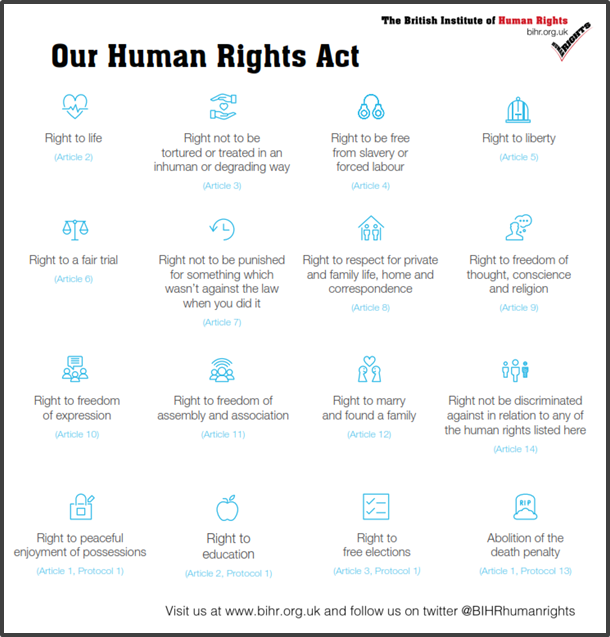
From & Copyright © The British Institute of Human Rights.
List of articles and protocols:
- Article 2: Right to life
- Article 3: Freedom from torture and inhuman or degrading treatment
- Article 4: Freedom from slavery and forced labour
- Article 5: Right to liberty and security
- Article 6: Right to a fair trial
- Article 7: No punishment without law
- Article 8: Respect for your private and family life, home and correspondence
- Article 9: Freedom of thought, belief and religion
- Article 10: Freedom of expression
- Article 11: Freedom of assembly and association
- Article 12: Right to marry and start a family
- Article 14: Protection from discrimination in respect of these rights and freedoms
- Protocol 1, Article 1: Right to peaceful enjoyment of your property
- Protocol 1, Article 2: Right to education
- Protocol 1, Article 3: Right to participate in free elections
- Protocol 13, Article 1: Abolition of the death penalty
Article 1 & 13 of the European Convention on Human Rights (ECHR) are not in The Human Rights Act (1998), as they are covered within the Act.
It is open to interpretation. For example, Article 12: The right to marry. Despite the Human Rights Act being dated 1998, Civil Partnerships for gay people only became legal in the UK in 2005. Gay Marriage only became legal in the UK in 2013. Prior to this the right to marry in the Human Rights Act (1998) was interpreted as only applying to straight people.
What it lacks?
With rights should come responsibilities. The Human Rights Act (1998) lacks listing responsibilities of the citizen, of local government and of national government. However you could argue that these responsibilities are covered by other UK laws.
The Human Rights Act does place a duty on Public Authorities to act within ways that are compatible with the Act, but again, this is open to interpretation.
Why?
The Human Rights Act (1998) exists to outline the rights and freedoms that every person in the UK should be entitled to.
When?
The Human Rights Act was passed through UK parliament in 1998, but came into force in October 2000.
How?
If a citizen feels their Human Rights have been denied, they can ask a court of law to look at their case. But this is a complex process and without good legal support can be difficult. This means that justice on Human Rights breeches are only challenged if people can afford good legal counsel, or are supported by certain charitable organisations that do work around Human Rights.
The Future of Human Rights?
The Government wants to replace The Human Rights Act (1998) with a British Bill of Rights. The concern is that this new bill of rights could weaken the rights laid out in The Human Rights Act and be even more open to interpretation than the current Act.
Blog soon,
Antony
References
British Institute of Human Rights
Citizens Advice – What rights are protected under the Human Rights Act?
Import: The History of Marriage in the UK
Liberty – The Human Rights Act
Equality and Human Rights Commission: A history of human rights in Britain


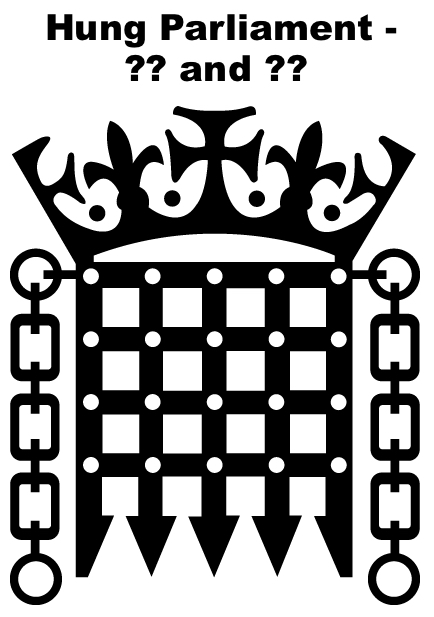
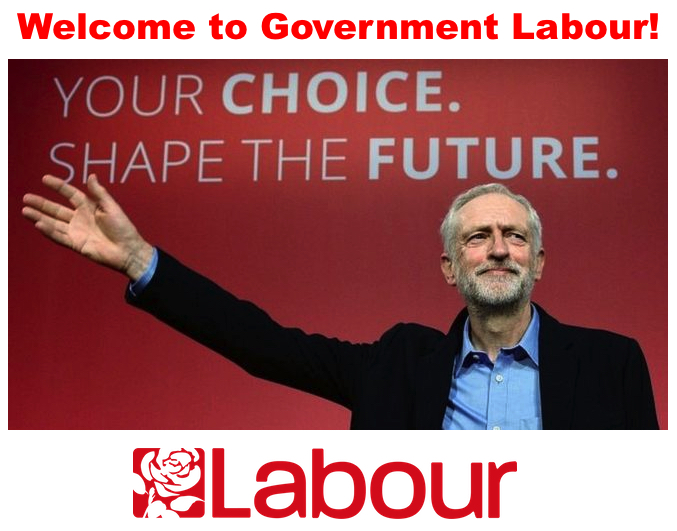
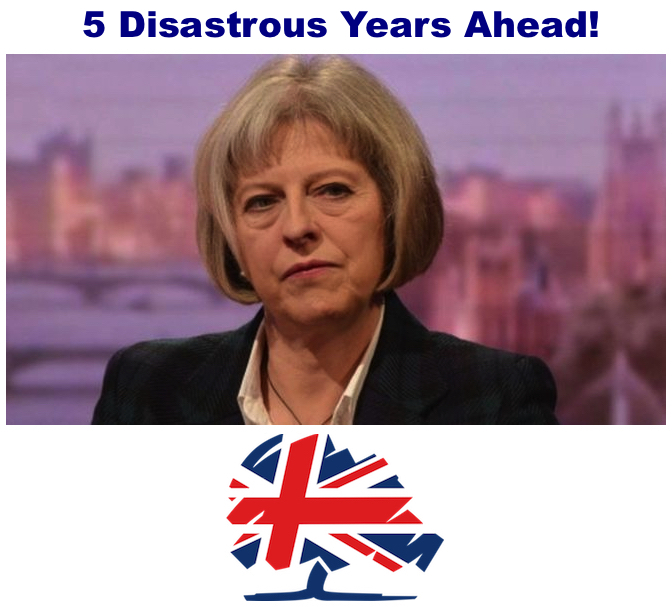
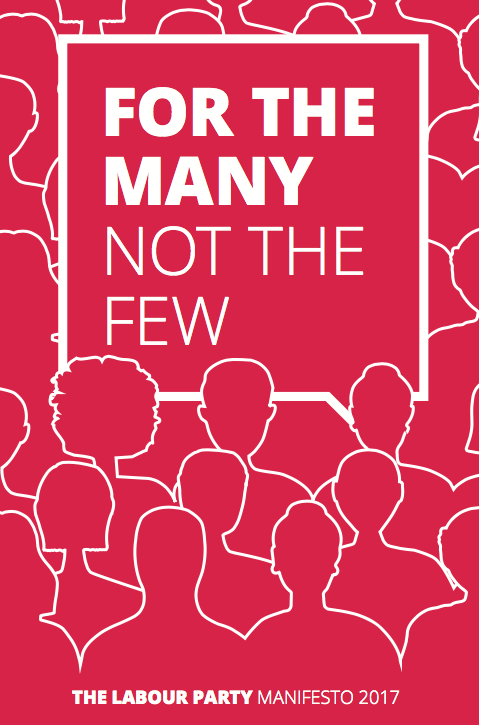
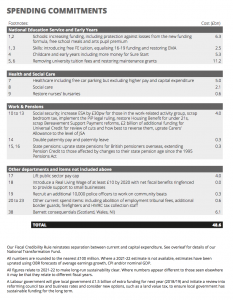
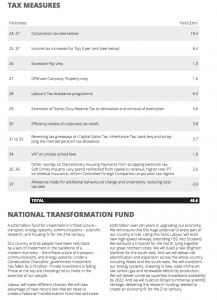


A great introductory article on candle magic :)
Hi Sofia, Thanks for the comment. I bought that in Glastonbury and he was a real find. I bought him…
Hi! I know this was posted ages ago and so a response may be rare but my dad has been…
Hi Ruth, Thanks for the comment. He might well have been. A x
Hi! Watching video and interviews with Charlie Watt, it had me wondering if he might have had Aspergers/ been on…